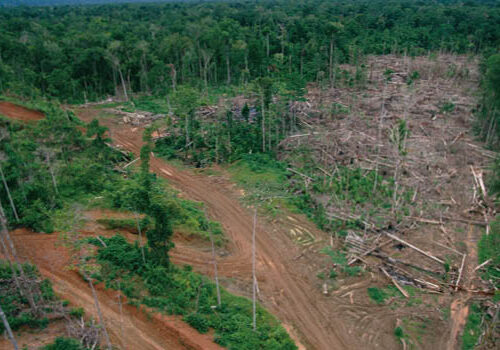
Our life-giving forests

Environmental activist and nature defender Dr Reese Halter celebrates the carbon-storing, rain-creating and simple majesty of trees, while calling for immediate action to protect them and humanity’s future.
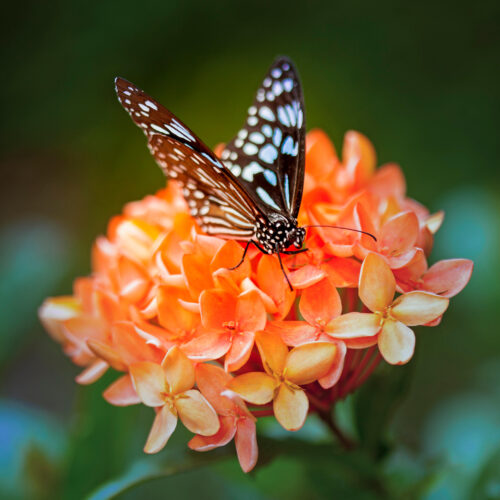
The power of pollination

Pollination is necessary for our gardens to thrive so it's handy to understand how we can help all those beneficial insects and animals do their work.
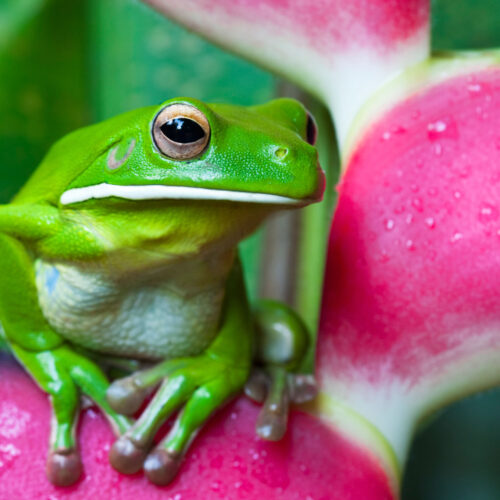
Organic solutions for a changing climate

There's a lot to cope with in the garden when the climate is so uncertain -- and it's not just the plants, we need to watch out for the locals as well. These ideas will help.
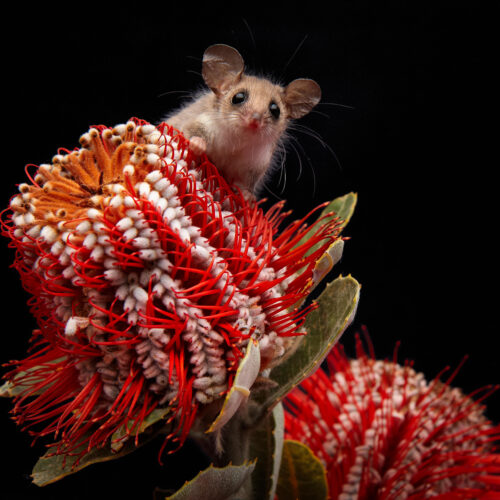
Where have all the insects gone?

There's new research revealing the alarming loss of insects all over the planet, what is causing it, which insects are most affected and what we can do.
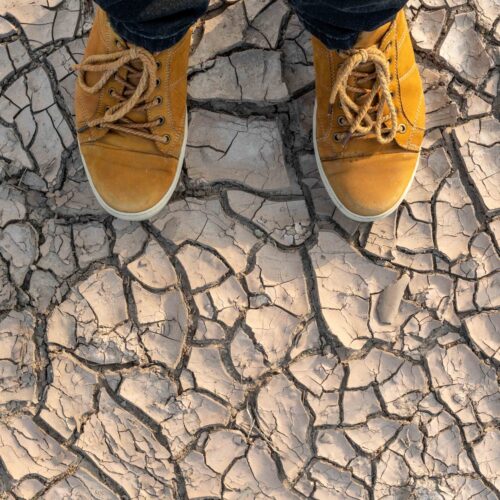
Taking care of our planet

We can all take effective action to bring about necessary change to help our planet. We can start with supporting our soils.
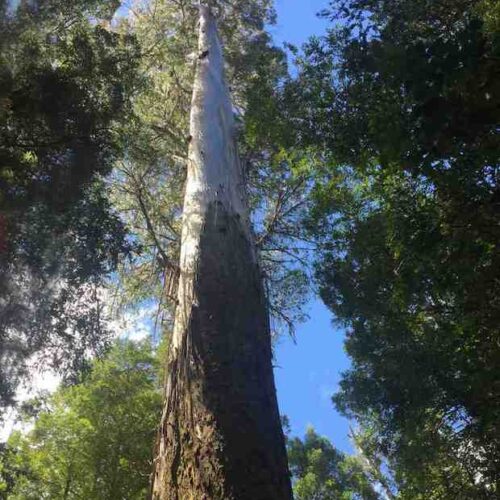
Visiting Tassie’s Tall Ones

Tap into joy, wonder, curiosity and compassion by walking in a tall forest, says Dr Reese Halter.
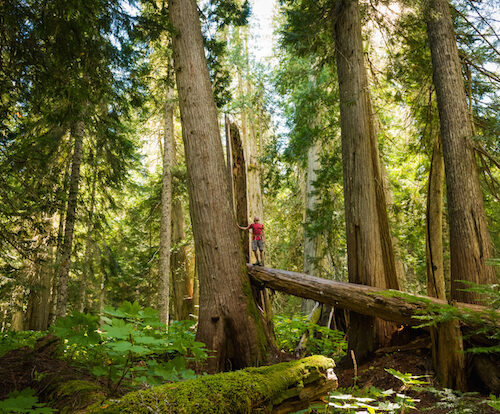
Plan A – Saving earth

How do we save Earth’s life-support systems and ourselves in the process? Dr Reese Halter reports on the action needed and our progress to date.
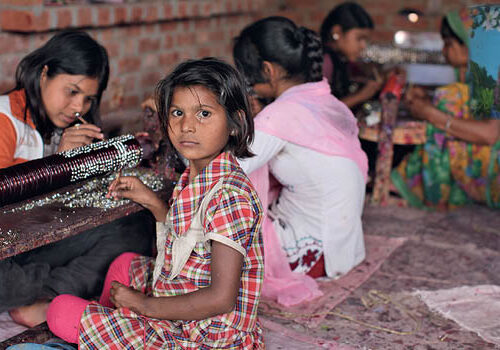
Fabric of life

The rapacious ‘fast fashion’ industry is damaging the planet. Liz Ginis speaks with leaders at the forefront of sustainable change.
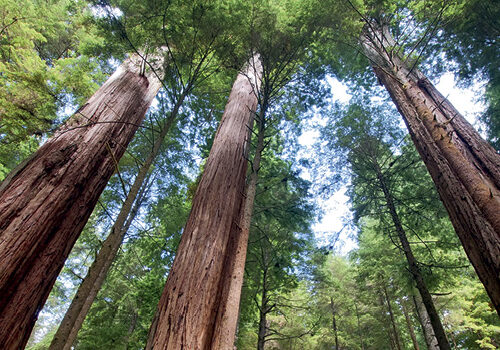
Fighting for our forests

The world's forests are the lifeblood of Earth, yet their future is threatened, and our existence with it. It's time to turn back the tide, one tree at a time, writes DR REESE HALTER.
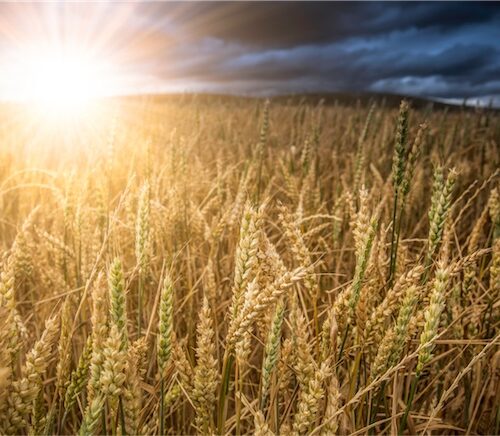
Climate in crisis

Dr. REESE HALTER looks at current climate change conditions and measures to avert crisis.
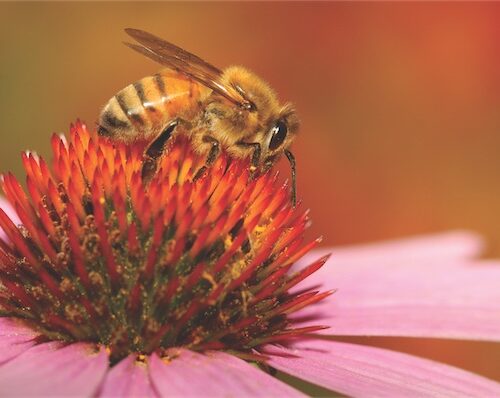
A dying buzz

Climate disruption and insecticides known as neonics are proving a deadly combination for bees, writes DR REESE HALTER.
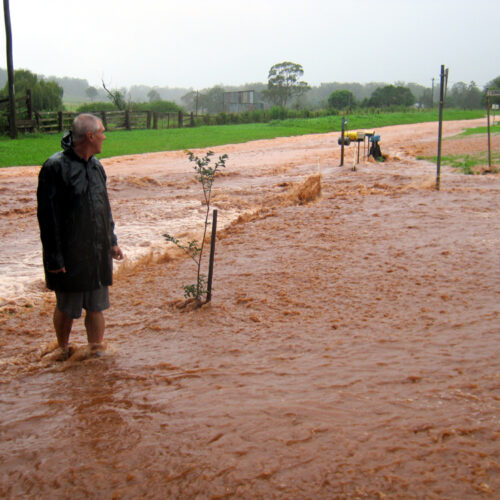
Shelter from the storm

JUSTIN RUSSELL reflects on the latest round of climate talks at Doha, and the implications of dangerous global warming for gardeners.
